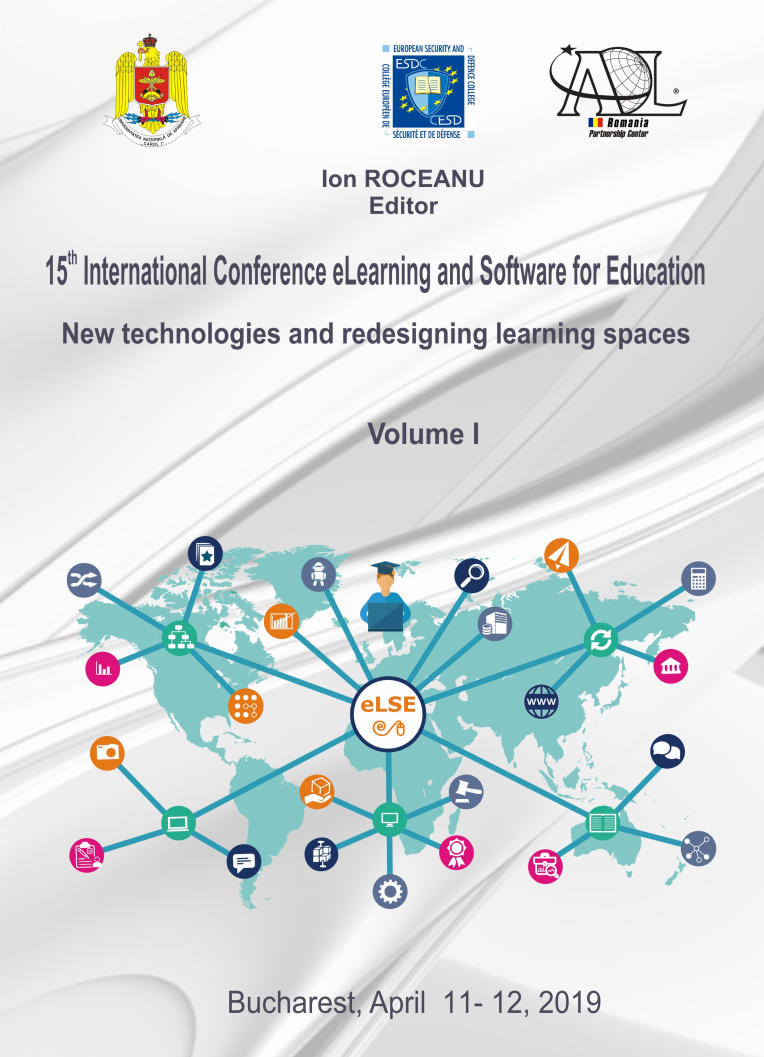Didactic Instrument Developed in Geogebra for the Determination of the Coordinates of an Earthquake Based on an Inquiry Based Learning Method
Didactic Instrument Developed in Geogebra for the Determination of the Coordinates of an Earthquake Based on an Inquiry Based Learning Method
Author(s): Fabiola-Sanda CHIRIACESCU, Bogdan CHIRIACESCU, Cristina MironSubject(s): Social Sciences, Education, Higher Education
Published by: Carol I National Defence University Publishing House
Keywords: Inquiry Based Learning; GeoGebra; STEM; earthquake; virtual labs; e-classroom; Physics education;
Summary/Abstract: Starting from the necessity of an applicated study of physics, in this paper, we propose the development of an instrument based on Inquiry-Based Learning (IBL). With this instrument and using STEM (Science, Technology, Engineering and Mathematics) elements the students learn about the seismic waves as a direct application of the mechanical waves study, analyze an earthquake succeeding in deciphering a seismogram and determinate the location of the epicenter of an earthquake. The location of the epicenter is done by the triangulation method. The application designed by authors and presented here facilitates the determinations surpassing/ eliminating the possible errors that can occur either from the calculus or the geometrical drawing, the only source of errors remaining the reading of the seismograms, meaning the arrival times for the Primary and the Secondary waves of the earthquake. In order to illustrate the triangulation method, the GeoGebra application and didactic simplified seismograms are used, in order to ease the correct understanding of the method. GeoGebra is free software for geometrical constructions combined with algebraic calculus, therefore a perfect tool for the illustration of the triangulation method. The designed instrument can be included in an e-learning sequence by the following components: the theoretical notions are provided through a blog open for the students or by setting up an e-classroom. The application runs also on smartphones and tablets which create the possibility of setting up a virtual lab with the students. So, as result of the use of the learning instrument, the students will achieve a better understanding both of the way of studying the earthquakes and the phenomenon itself either in quality and in quantity. The application allows also the understanding of how a scientific investigation is realized and will learn how to use experimental data for the conclusions related to a phenomenon. They will gain some IT competencies also, by using the virtual space in order to communicate and to achieve data.
Journal: Conference proceedings of »eLearning and Software for Education« (eLSE)
- Issue Year: 15/2019
- Issue No: 01
- Page Range: 481-488
- Page Count: 8
- Language: English

